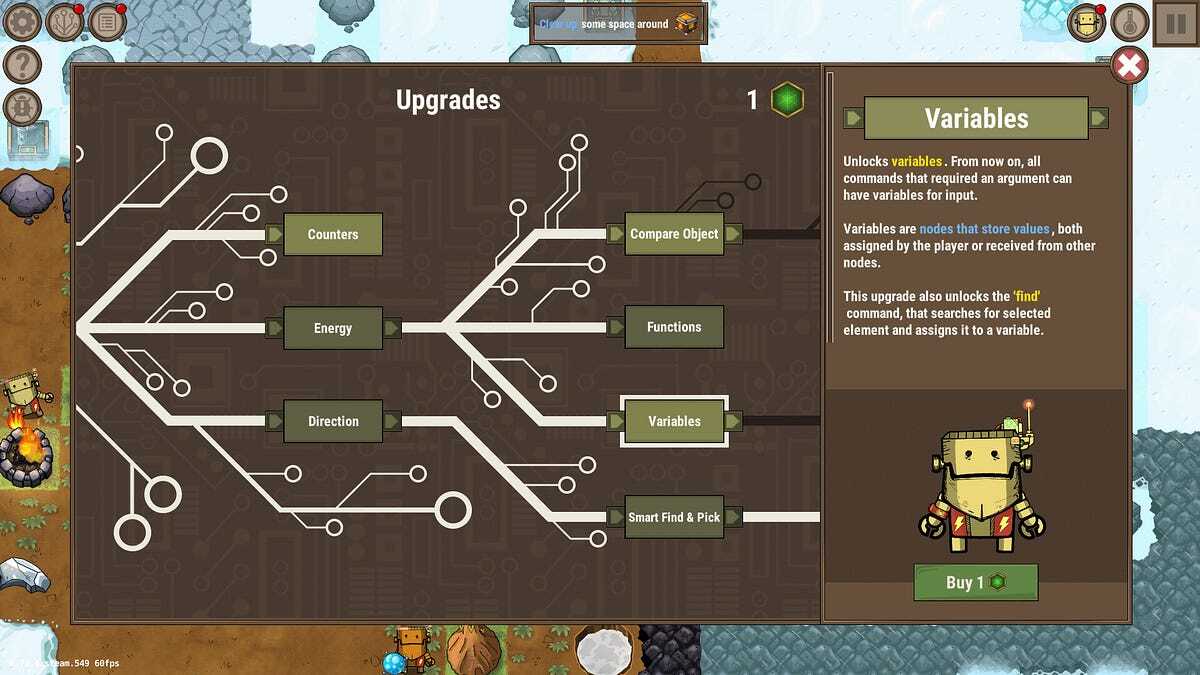O.C.: Have you consulted about this “tables” approach with other Lua developers?
I.T.: After that, I went back to Dmitry and asked him if my understanding of “everything is a table” was correct and, if so, why Lua was designed this way. Dmitry told me that Lua was created at the Pontifical Catholic University of Rio de Janeiro and that it was acceptable for Pontifical Catholic Universities to design programming languages this way.
Lol what? Is there some kind of inside joke about Catholics and tables?
My understanding of the joke is less about tables, more about pontification; I.e. “it is so because we say it is”.
When I read this kind of stories about game dev where unit tests are very optional, I don’t really regret not working in this industry, especially now with all the layoffs.
Working in enterprise software development really hammers in the importance of unit tests and integration tests.
It seems that obscure bugs are a much bigger deal when the customer is a billion-dollar bank compared to a single player, not that surprising really!
I wish we held game developers to the same level of scrutiny.
Love Lua. I just wish the ecosystem wasn’t a choice between a fast JIT implementation and a traditional one that’s compatible with the latest version of the language.
… the lack of an increment operation, no “continue” instruction, and array indices starting from 1 instead of 0. These differences can be jarring
Understatement
Fun related fact: both Hades and Hades II are also mostly Lua scripts. And they ship the source code with both games so you can just go look at things like how fishing probabilities are implemented directly in the script.
Coming from Rust I am toying around with Lua at the moment. Lua is a small, simple and I would say a very neat language. But for big projects like an entire game I would personally much prefer a “traditional” compiled language like C/C++, Java/C# or Rust. Scripting langs are great for small scopes, but they quickly become a burden for bigger things in my opinion.




